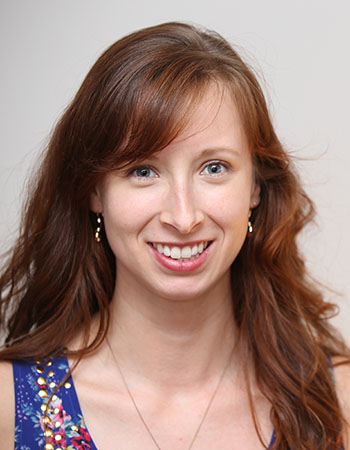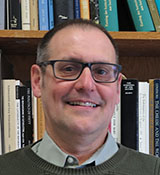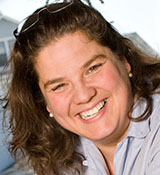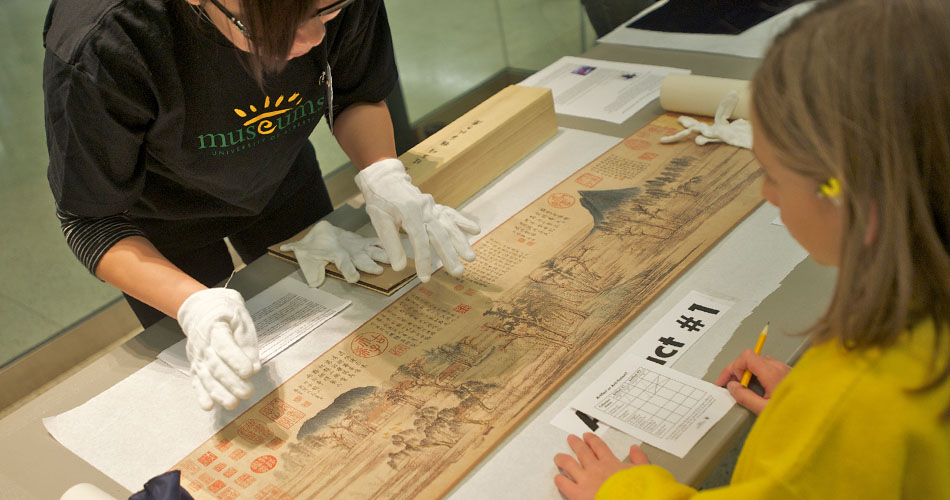What is History?
The philosopher George Santayana wrote, “those who do not remember the past are condemned to repeat it.” History is about critically analyzing evidence from time gone by to help us not only better understand the past, but the present as well.
History at Augustana
Students not only learn about the past but will also “do” history by examining documents and other historical sources. History students can take a course in which they design their research projects from archival documents. That research can be presented in public forums such as the Augustana history symposium, our student academic conferences, and other national and international venues.
Program Information
History is available as a:
- Contributing Discipline in the Bachelor of Arts Interdisciplinary Studies: Ethics & Global Studies Major
- Contributing Discipline in the Bachelor of Arts Interdisciplinary Studies Law, Crime & Justice Studies Major
Academic Innovations
All programs at Augustana include a wide-ranging liberal arts Core, taught within our unique “3-11” calendar
Careers
Knowledge of the past learned during an undergraduate degree from Augustana can set you up for a future as a(n):
- Archivist
- Curator
- Librarian
- Politician
- and many more!
History AlumnA

Historical Researcher
At Augustana, Anna learned not only about history but about how to manage groups, organize events, and work with budgets as part of her extracurricular activities. A connection through Augustana led her to a graduate program in Ottawa.
Course Highlights
History of the Roman Empire from the time of Augustus to the fall of the West in the fifth century A.D.
History of Canadian women from the seventeenth century to the present, looking at how Canadian women were affected by, and how they contributed to, changes in Canadian society.
Examination of the historical development of the modern Olympic Games. Topics include politics, nationalism, culture, commercialism, media, gender, race and identity.
Examination of the history of sport in Canadian society, from colonial times to the present. The course links developments in sport to wider changes in Canadian society and social relations.
How do historians do history? Problems of evidence, interpretation, methodologies, and various paradigms are investigated in the course as the student explores how historians research and write about the past.
Related Information

Geoffrey Dipple, PhD
Geoff Dipple earned his PhD. in early modern European history at Queen's University. He has published in the history of the Protestant Reformation in the German-speaking lands.
Visit their website
Mélanie Méthot, PhD
Mélanie Méthot teaches courses in Canadian history, crime and criminal justice in Canada, women in Canadian history, Quebec history and methods of historical research.
Visit their website